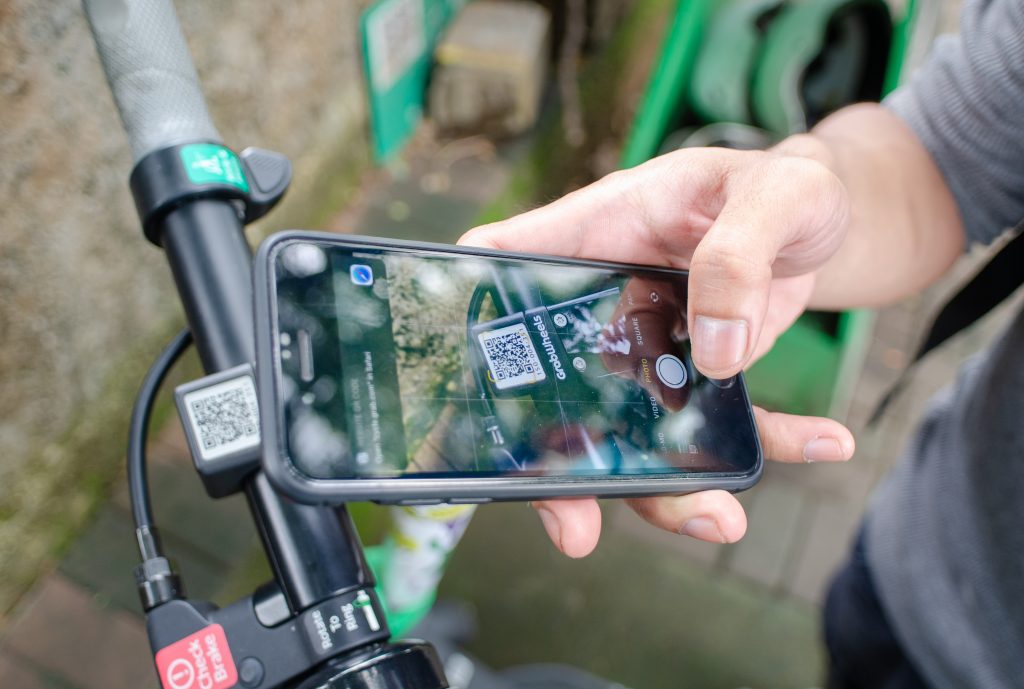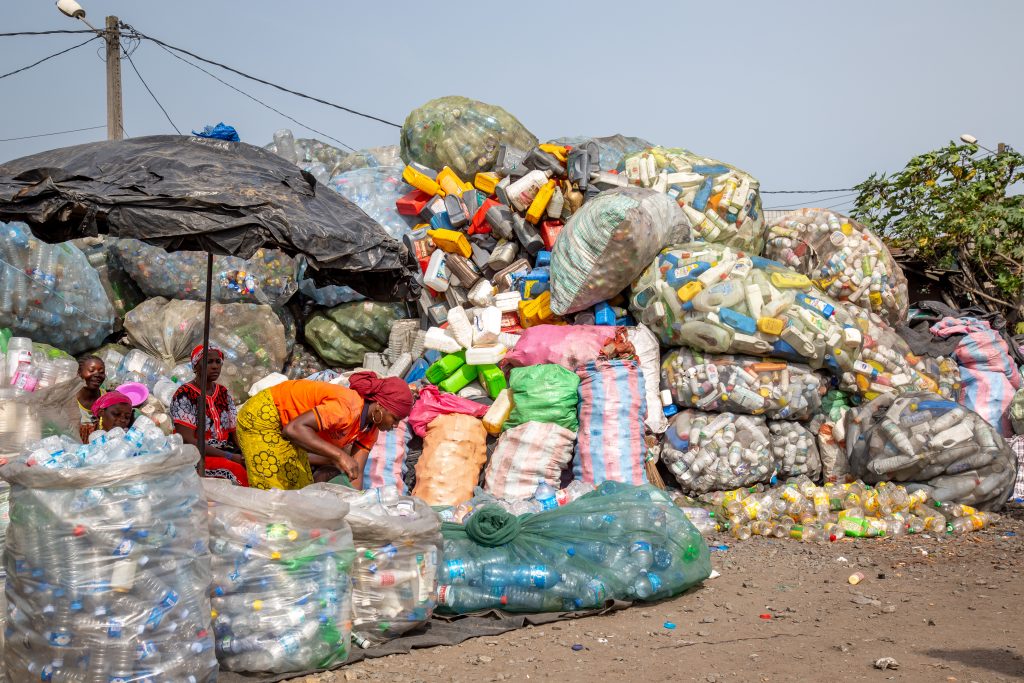Utopia, an innovation group focused on emergent cities, and the GSMA Digital Utilities programme have teamed up to organise a virtual workshop where digital urban innovators and urban policymakers in Lagos can have a conversation on how to bolster government– start-up partnerships. This invite-only workshop will take place on 17 November 2021.
During the workshop, we aim to:
- Highlight how digital innovation can help the public sector meet its service delivery and public policy objectives more effectively;
- Encourage public sector stakeholders to support service delivery models that have the capacity to reach low-income urban populations living in informal settlements;
- Explore how to overcome challenges associated with start-up-government partnerships;
- Help start-ups understand opportunities associated with government engagement; and
- Promote the creation of an enabling environment for digital innovations to thrive.
After the workshop, the two organisations will share the key insights and outcomes. If you would like to know more about this online workshop, please reach out to [email protected].
Utopia’s purpose is to build an urban innovation ecosystem for emerging cities across Africa, Asia and Latin America by establishing platforms and initiatives to engage entrepreneurs, innovators, investors, corporations and city governments to improve their cities.
The GSMA Digital Utilities programme enables access to affordable, reliable, safe, and sustainable utility services for low-income populations through digital solutions and innovative partnerships. Inclusive utility services, such as energy, water, sanitation, waste management and transport support urban resilience, which allows cities in low-and-middle-income countries to better withstand challenges related to population growth, climate change and inequality.
Background
90 per cent of global urban growth from now until 2050 will be concentrated in Africa and Asia with cities in Africa being projected to be home to another billion people by 2050. Unfortunately, in many African countries, urbanisation is not synonymous with economic growth. As most of urban population growth is absorbed by sprawling informal settlements, watershortages, unsanitary conditions, unreliable power provision and inadequate waste management could remain a defining reality for many. This is also the case in Lagos, one of Africa’s largest and fastest growing-cities, where the challenges of rapid urbanisation, inequality and climate change are posing unique challenges to urban service provision.
Digital innovations and innovative partnerships between private innovators, government institutions, mobile operators and other relevant corporates can help address some of these challenges. For example, in waste management, ‘downstream’ innovations in plastic supply chains will help ensure that global and domestic brands have a consistent supply of high-quality recycled plastic and enable ‘upstream’ innovation where products use less virgin plastic and are designed to be reused or recycled. However, these solutions require strong partnerships between the public and private sector, as well as mobile operators and other technology providers. Innovators bring new approaches and solutions, mobile operators provide the digital platforms and underlying connectivity infrastructure to reach and communicate with customers, while municipalities and utilities have crucial service mandates to fulfil. Together, these partners can leverage the power of digital technology to create innovative service models to enable access to more reliable, affordable, and sustainable urban services.
While innovators and government stakeholders often understand what issues face urban areas and how to solve them, there isn’t sufficient collaboration sometimes due to poorly defined regulations and inadequate communication across stakeholders.
Urban mobility in Lagos
Mobility, the ability of people to move around centres of interest, is often defined by the availability of public and private transport modes, and encompasses several aspects of urban sustainability, including access to employment and public goods. While many residents of African cities do not rely on motorised transport methods, mainly relying on walking, rapid urbanisation and the proliferation of economic opportunities in cities like Lagos has led to a rise in private car ownership and informal transport modes via mini-buses and motorcycles. These modes of transport pose significant challenges to transport authorities ranging from challenges related to safety, pollution and congestion to the planning of public infrastructure investments. As exemplified in Lagos, for residents, many modes of transport also remain unaffordable. According to the World Bank, in Lagos, the bottom 20 per cent of Lagos’ income distribution is effectively priced out when it comes to accessing informal transport modes such as minibuses, while a recent report by the International Growth Centre (IGC) on Lagos’ transport reforms from 1999 – 2019 estimates that the average resident of Lagos spends up to 40 per cent of their income on transport. The IGC study also notes prices vary dramatically depending on time and weather conditions with prices during peak hours rising up to nine times.

Recently, the GSMA conducted a scoping exercise to find out the opportunities and challenges for digital innovation to improve urban mobility in cities like Lagos. The following are some of the challenges that we observed:
- Lack of capacity to govern and regulate digitally-enabled urban mobility;
- Lack of predictability of the regulatory framework governing the sector;
- Lack of trust between government and urban innovators; and
- Unavailability of public data to support planning in the sector.
At the same time, digital innovations in urban mobility have a high value to bridge service gaps, as follows:
- Digital payments can enable the testing of mobility digital solutions to barriers around acceptability in formalising urban mobility to regulate pricing;
- Geographic information systems (GIS) and big data tools provide transportation infrastructure planning;
- Digital tools provide the opportunity to enforce rider safety, especially for women where access to safe public transportation is key to sustainable development;
- Mobile-based travel platforms can improve operations for riders and livelihoods of drivers; and
- Electric mobility, though nascent, will be highly dependent on mobile which provides the opportunity to test models that reach the urban underserved.
Companies like Gokada, Max.ng, Shuttlers, Route Masters and many others are examples of digital-enabled urban innovators that have operated in Lagos.
Waste management in Lagos
The total amount of waste generated is expected to triple in Africa and double in Asia by 2050 with the World Bank estimating that 70 per cent of waste in these regions continues to be mismanaged. Mismanaged waste poses health and safety risks for low-income populations, who are most likely to live close to dump sites and/or earn their living as informal waste workers. In Lagos in particular, the lack of efficient waste management systems creates health hazards, unsightliness, unpleasantness, blockage of drainages, while informal waste pickers often work in unsafe and unsanitary conditions. According to research from the University of Nigeria,the informal waste economy in Lagos draws from two main waste sources – municipal waste and e-waste with an estimated 13,000 metric tonnes of municipal waste being generated every day.

The following are some of the challenges we have observed in the waste management sector for a city like Lagos:
- The waste value chain is highly fragmented with many different actors;
- Additional data is needed to support government efforts to tackle the waste problem and set targets for increased waste collection, proper disposal and recycling;
- Although Extended Producer Responsibility (EPR) schemes and laws are being developed, they are often unenforced;
- There is a need to increase awareness and education for the citizenry on better disposal methods; and
- Initial setup investments in the sector and operational costs are high. There is also limited finance options.
A few of the innovative ways we are already seeing digital technology used in waste management include:
- Digital payment platforms for waste management services;
- Digital marketplaces for recycling to connect waste producers to waste processors and recyclers;
- Traceability tools for producers to comply to Extended Producer Responsibility;
- Big data, GIS tracking and IOT tools to improve collection operations; and
- Awareness and education tools to raise awareness of environmental issues and influence positive behaviour change through information sharing, incentives or gamification.
Examples of companies tackling the waste management menace in Lagos using digital technology include but are not limited to: GIVO, Scrapays, Recyclepoints, and Chanja Datti. Our workshop will aim to discuss these issues further and share insights with the industry.
The Digital Utilities programme is funded by the UK Foreign, Commonwealth & Development Office (FCDO), and supported by the GSMA and its members.



